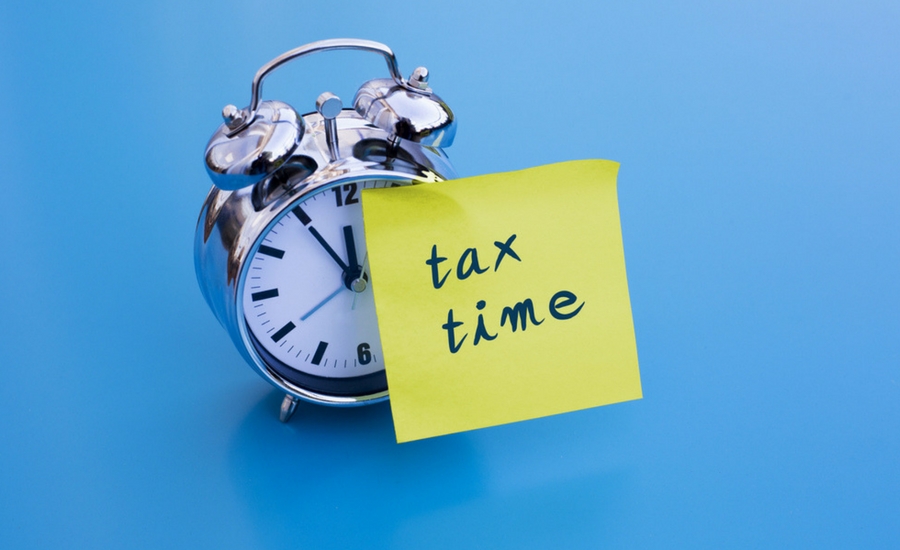April 15th – the day everyone’s personal tax return is required to be filed by. Business returns are due March 15th. That gives you about 4 ½ months to get all of your tax information in order. If you follow the advice of the CGS Team, you should be ready for tax time at the start of the new year. Sometimes though, life happens. If you need to file a tax extension to delay your filing, there are some things you need to know. The CGS Team is sharing 4 things to know about tax extensions.
Things to know about tax extensions
#1 A tax extension does not extend payment
Most people file a tax extension because they don’t have the money to pay the IRS for taxes due. While an extension gives you more time to file, it doesn’t give you more time to pay. If you file an extension but end up owing the IRS money, fees and interest start accruing on April 15th, not the day you actually file. If you plan to file an extension because you can’t pay, be mindful that you will be charged fees and interest. You are better off setting up a repayment plan with the IRS.
#2 A tax extension only lasts for 6 months
When filing a tax extension (Form 4868), you extend your deadline to file to October 15th. Your extension will max out at the 6-month mark. If you think you will be even a day or 2 late, it’s best to file an extension so the IRS is aware that an untimely return is expected.
#3 A tax extension is only for federal tax returns
Filing a tax extension (Form 4868) only applies to your federal tax returns. Most states require you to file a state return as well. If you expect that you will need to extend your state’s tax return, you will need to file an additional extension specific to your state.
#4 Extending your taxes puts you at risk
According to credit.com, “Taxpayer identity theft is no joke. It generally involves someone using your Social Security number to get a fraudulent refund — preventing you from getting yours in a timely manner.” The longer you wait to file your taxes, the higher your risk of someone using your social security number to complete tax fraud. Most tax fraud is done electronically, so you will need to file a paper return.
Related: 6 Things to Do Now for Next Year’s Tax Return
Instead of dealing with the hassle of filing a tax extension and putting yourself at risk for fraud or higher tax payments, just prepare yourself ahead of time. Of course, you can’t control everything, so if you need to file an extension, don’t wait until the end of that extension to file. Get your return filed as soon as possible, and make sure you aren’t in the position to file late again. Have you ever filed your taxes late? How did it turn out? Share your tax experiences by posting a comment below.





